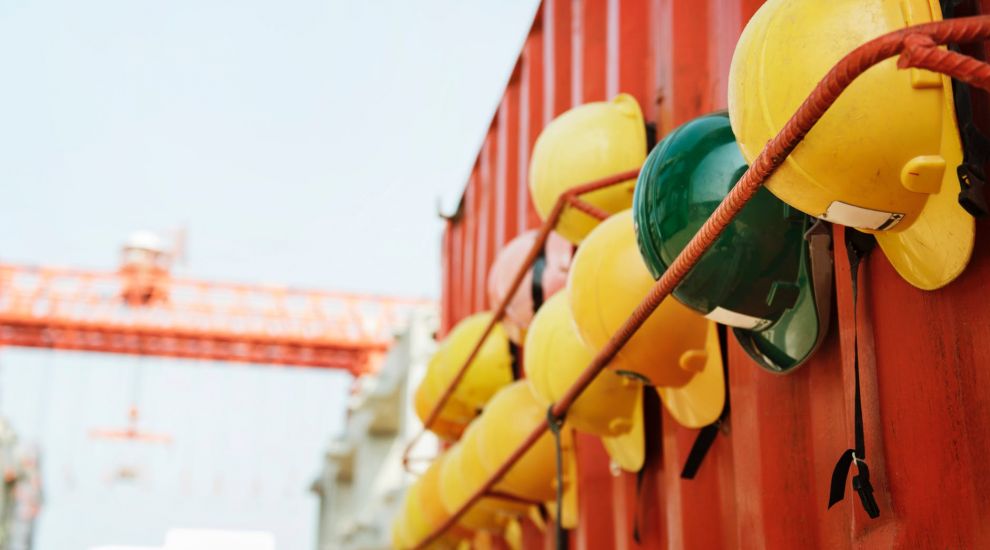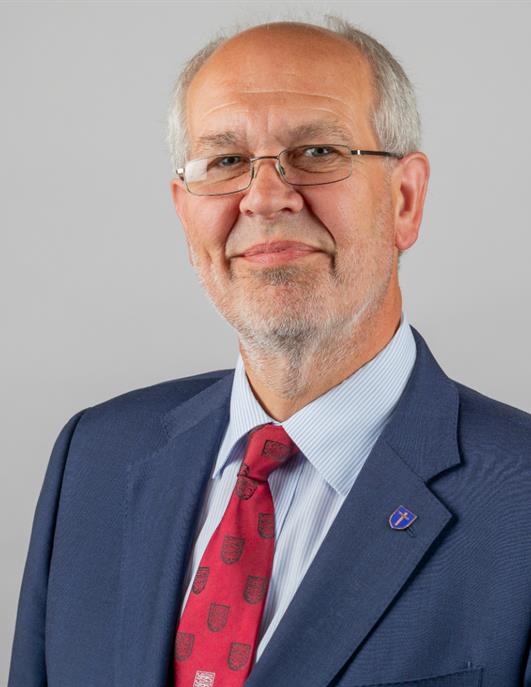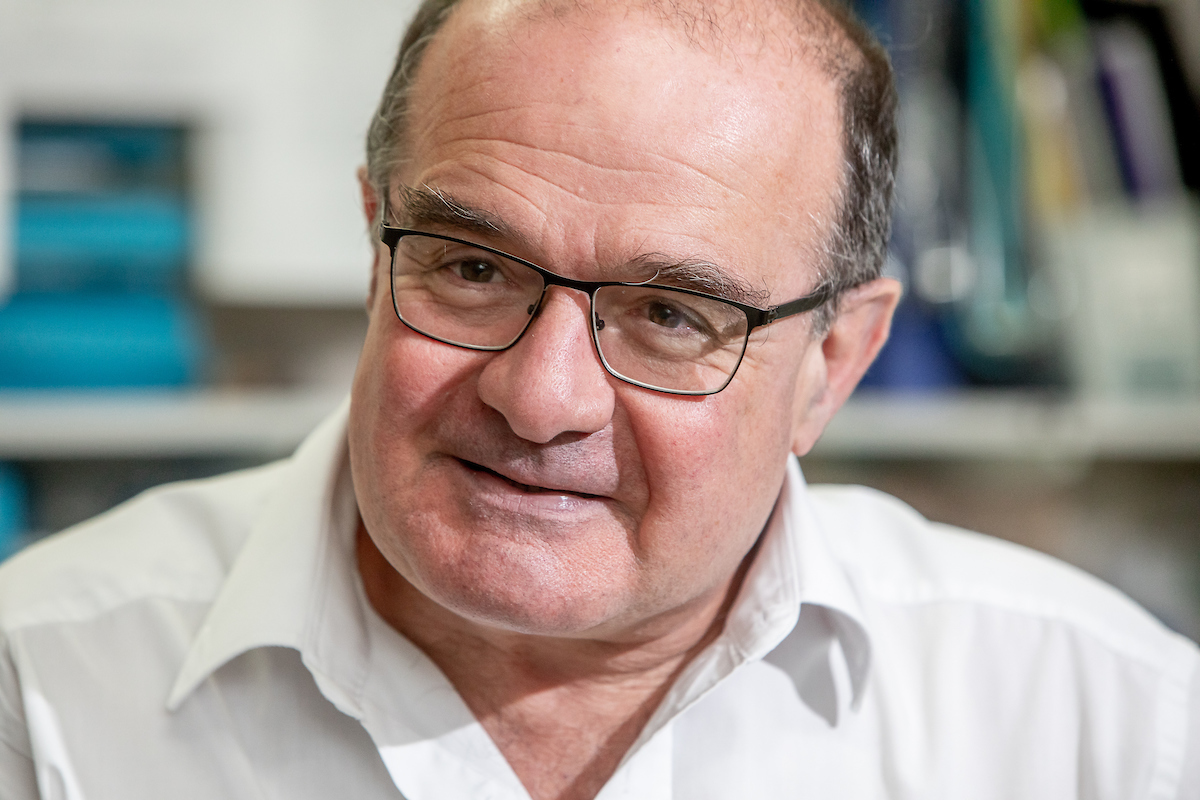


More than 80 foreign workers have been granted exemptions from current self-isolation rules over the last three weeks to work at Bellozanne, for Ports of Jersey or on construction sites.
The Government has confirmed to Express that, since 22 September, it has granted 38 exemptions to local companies to allow them to bring in foreign workers whose skills are needed for projects in the island.
A total of 82 workers have been brought in as a result. A spokesperson for the Government said this includes engineers for projects like Bellozanne, workers for Ports of Jersey tech side and construction workers.
Among them was a group of 10 construction workers from Rennes - located in the Ille-et-Vilaine 'red zone' - who arrived in the island this week after being given special permission to avoid a full two weeks' quarantine.
Special arrangements have also been drawn up between the Government and local farming companies for agricultural workers.
The subject of exemptions granted to foreign workers came up during a Scrutiny Hearing with the Safer Travel Guidelines Review Panel on Tuesday, after it was revealed that a group of eight agricultural workers who had been isolating in their employee accommodation since arriving in Jersey had tested positive for covid.
Since Friday 9 October, 13 individuals have recovered, 25 new cases have been identified in Jersey through inbound travel and 5 were identified through contact tracing. The number of active cases in the Island is 61.
— Government of Jersey (@GovJersey) October 12, 2020
21 cases are symptomatic and 40 cases are asymptomatic. pic.twitter.com/HlhfsLcGDI
The Health Minister, Deputy Richard Renouf, said that farming companies had agreed for their workers to undertake a five-day mandatory isolation before they could start work in the island.
“We wouldn’t have agreed it otherwise and that has been from the start of talking with them, that was agreed, so that’s not something new,” he said. “The farmers are able to enforce that, we check, we monitor; and the workers understand the rules before they come in.”
However, he said that the workers were not in isolation individually but rather as a group, in what Deputy Rob Ward described as “cramped” lodgings.
“It is a well-known fact that cramped is an absolutely adequate word to describe the accommodation for farm workers,” the St. Helier representative said. “Are we not putting some people at risk who might not be infected but are then asked to isolate in cramped accommodation with one or two who may be?”
“They are not isolating individually, they are isolating as a group,” the Health Minister replied, refusing to comment on whether the accommodation was crowded or not.

Pictured: Deputy Richard Renouf, the Health Minister, said farming workers were isolating as a group rather than individually.
“I don’t think it’s appropriate to talk about personal arrangements for individual employers because the proposals are thoroughly assessed on a public health basis prior to granting this exemption,” Deputy Renouf said, adding later on: “I disagree that is a problem. The numbers of agricultural workers fluctuate throughout the year.”
Earlier on in the hearing, Alex Khaldi, the Interim Director of Public Health Policy, had acknowledged that the Government would focus testing on “peculiar populations who we think might have an increased risk.”
He said migrant workers fit in the category because their “relatively close compact living conditions” and the fact they work with a large number of other people in close quarters could cause increased risks of infection.
He assured that over the next few weeks, the number of tests carried out within the community would increase again, to reach the levels seen in March, April and May as part of the Government’s “winter preparedness”.

Pictured: Dr Ivan Muscat, the Deputy Medical Officer for Health.
Dr Ivan Muscat, the Deputy Medical Officer for Health, then detailed the arrangements for workers, saying there were “few” exemptions.
“We look at it either on an individual passenger basis depending on their precise business, duration of stay of Jersey and likely contact and obvisouly try and minimise risk within that context. Where we can organise pre-departure testing, we do and a number of people managed to do that,” he said.
“Within the context of a collection of workers, they are in a bubble context they isolate from the rest of the community and only go out working within the bubble, both in terms of travel to and from working, they remain within bubble until they have negative screens all around.
“So if we do find a positive within that group, the other individuals within that group are labelled ‘direct contact’ and we manage the whole situation as a positive and direct contact, so this takes us into the rules we normally apply to any such situation.”
Comments
Comments on this story express the views of the commentator only, not Bailiwick Publishing. We are unable to guarantee the accuracy of any of those comments.